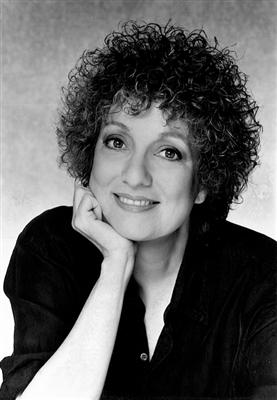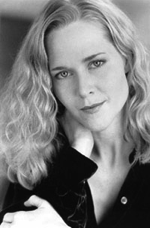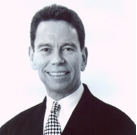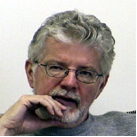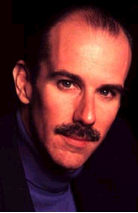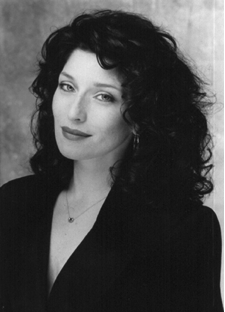Originally published in The Jewish Advocate.
ANDOVER – Congregation Beth Israel of the Merrimack Valley is in the midst of a renewal. Born of a merger of Congregation Tifereth Israel of Andover and Temple Beth El of Lowell, the combined congregation this week holds an annual meeting at which it will review a feasibility study for its proposed new building and welcome Daniel Schweber as its new rabbi.
The first quality one notices about Schweber is his youth. Having gone directly from the University of Michigan to the Jewish Theological Seminary in New York, he was ordained in 2004. Following a one-year stint as an assistant rabbi at Congregation Sons of Israel in Briarcliff Manor, N.Y., he has been named Beth Israel’s first full-time rabbi before he even turns 30.
While his wife’s professional needs have brought him to the Boston area – she is a doctor in residency at Tufts New England Medical Center – both Rabbi and Dr. Schweber are enthusiastic about the move to Andover. “The area is beautiful,” he said in an interview at the temple earlier this week. “The one thing I’m trying to convince people is that we’re not so far from Boston.”
In retrospect, Schweber’s career path appears to have been inevitable: “I could be a poster child of the Conservative movement,” he said. His youth included time at a Jewish day school, involvement in United Synagogue Youth and summers at Camp Ramah. “In USY, I wanted to share my love of prayer with my fellow USYers, make tefillah [prayer] accessible to them,” he recalled. “People started asking, ‘Are you going to be a rabbi?’ and that planted the seed.”
Schweber credits the Jewish community at the University of Michigan with providing him the opportunity to develop his leadership style. By his second semester of college, he was already leading the Conservative minyan on campus.
His leadership skills will likely be a major element of his tenure at Beth Israel, where the recent merger brings unique challenges to community-building. “There’s an energy and an eagerness to make this merger work,” said Schweber. “They’ve worked a lot already on community-building. We now need to create Beth Israel, while preserving the history and the memory of the other congregations.”
The congregation is already feeling the effects of Schweber’s enthusiasm, with its summer bulletin filled with articles and announcements about opportunities to meet the new rabbi. As one such announcement puts it, “He looks forward to getting to know each and every congregant!”
Schweber said he is “willing and wanting to reach out” to every part of the congregation, with programs such as a monthly Young Families Shabbat, incorporating prayer, food and Sabbath ritual, and a regular teaching slot at the congregation’s Midrasha (Hebrew high school) program.
“It is so important, as a rabbi, to be involved with the kids,” he said. “They need that connection.”

